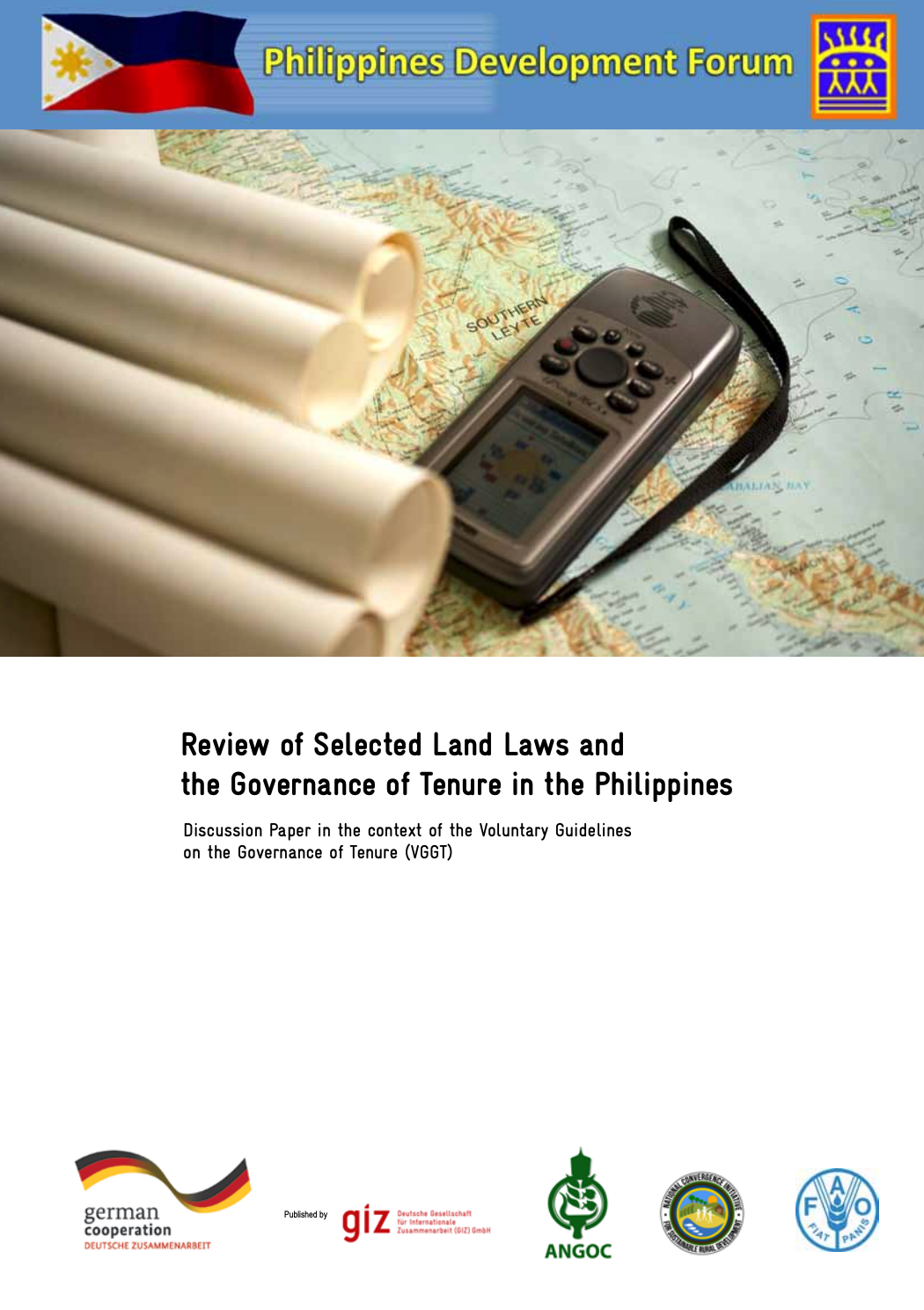Transnationalization of Resistance to Economic Land Concessions in Cambodia
The granting of economic land concessions (ELCs) over large parts of Cambodia has begun to attract global attention. It has also become a key focal point for civil society mobilization in Cambodia as well as for transnational activism directed at targets both within and outside Cambodia.




